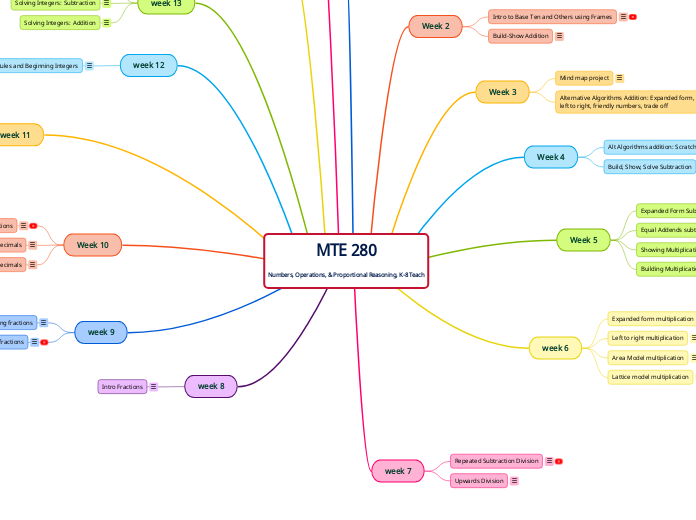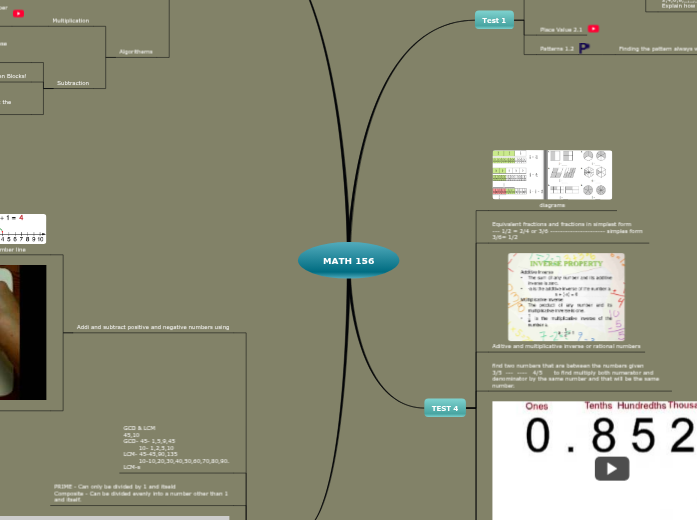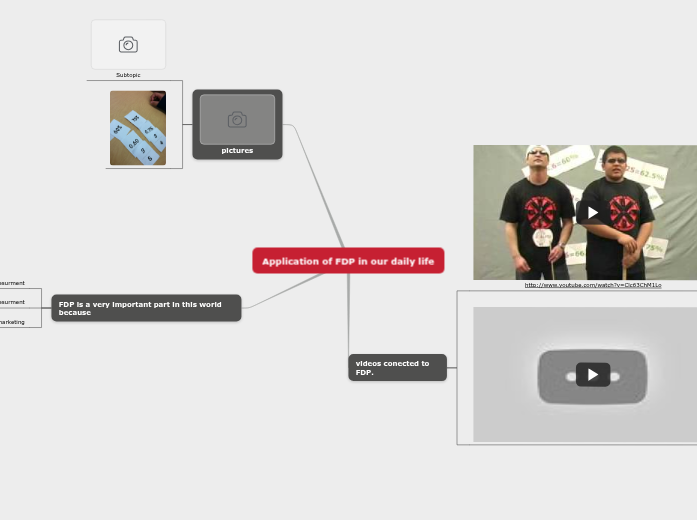a Denisse Alejandra Diaz 3 éve
309
MTE 280 Numbers, Operations, & Proportional Reasoning, K-8 Teach
The course MTE 280 focuses on enhancing the mathematical understanding and teaching skills of K-8 educators through a structured curriculum spread across several weeks. Key topics include foundational concepts such as early number sense and the introduction to base-ten systems, which are vital for grasping more complex operations.










